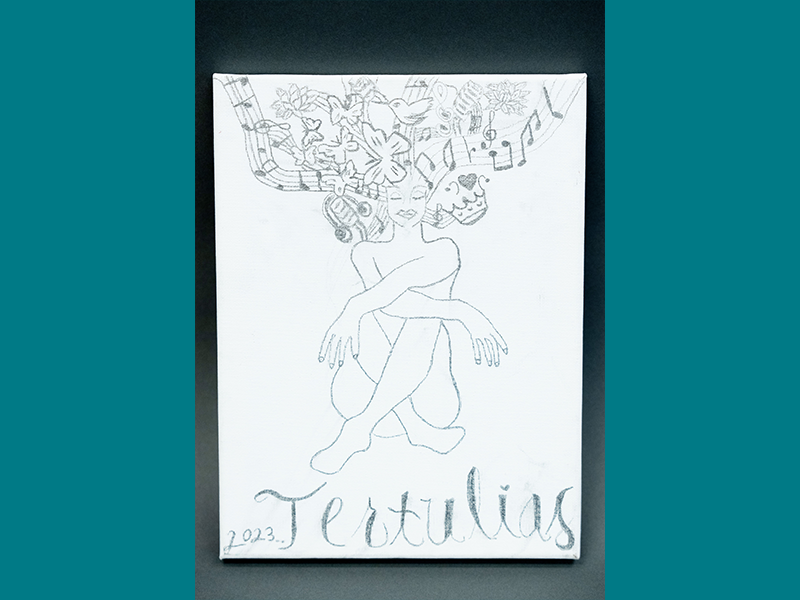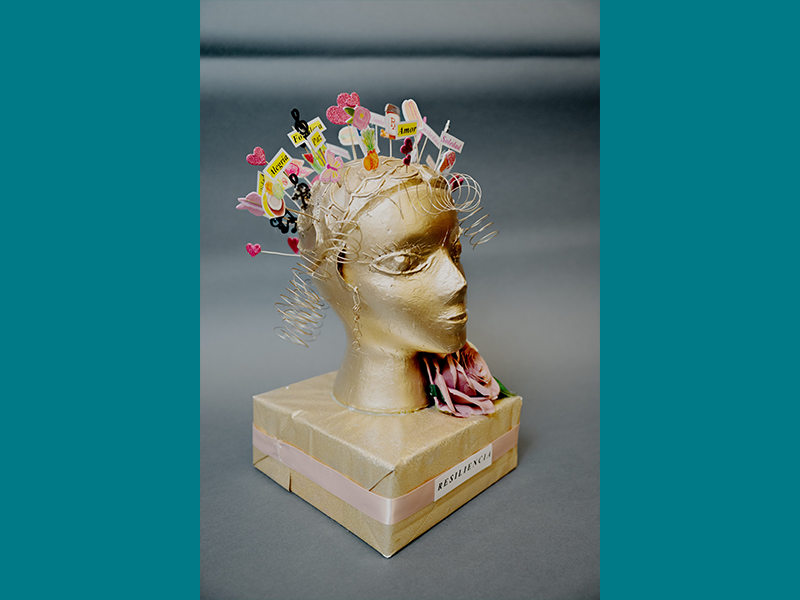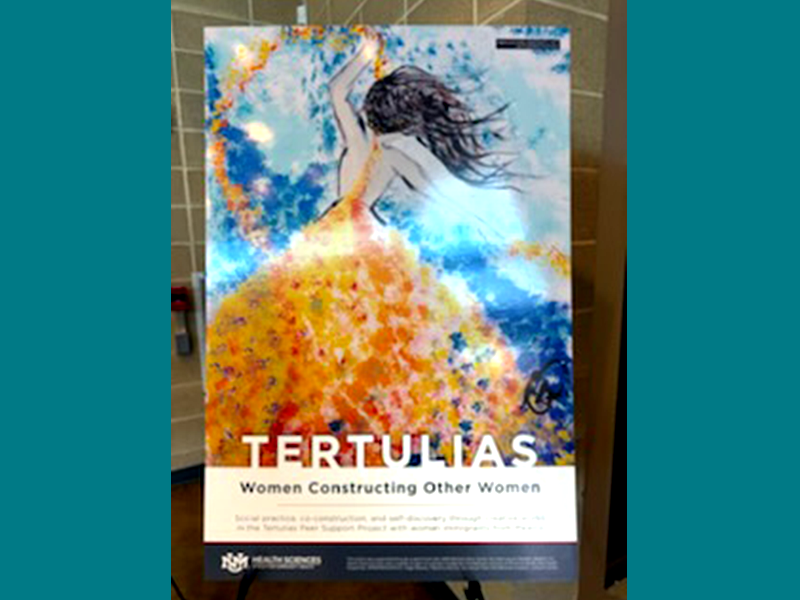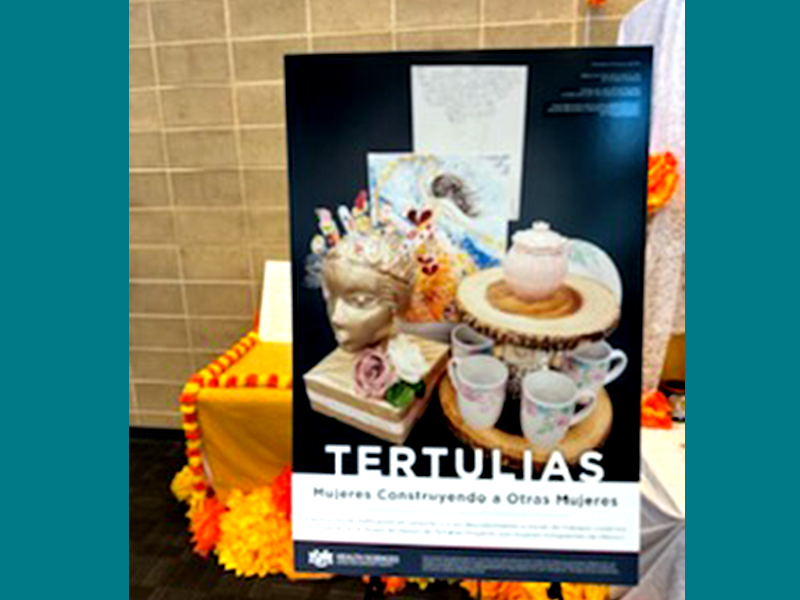Hundreds of people turned out for a gala event at the National Hispanic Cultural Center to celebrate Tertulias, a University of New Mexico-sponsored peer support program to alleviate social isolation, depression and stress among women immigrants from Mexico.
“It was beyond awesome,” said event organizer Janet Page-Reves, PhD, professor and vice chair for research for the UNM School of Medicine’s Department of Family & Community Medicine, who served as principal investigator on the grant-funded project. “We had over 500 people show up and we didn't count children – so there were more people, really.”
Among the attendees at the event on Oct. 19 were UNM Health Sciences leaders, including Patricia Finn, MD, dean of the UNM School of Medicine, Hengameh Raissy, PharmD, interim vice president, Health Sciences Research, Jennifer Edgoose, MD, MPH, chair of the Department of Family & Community Medicine, and Arthur Kaufman, MD, vice president for Community Health.
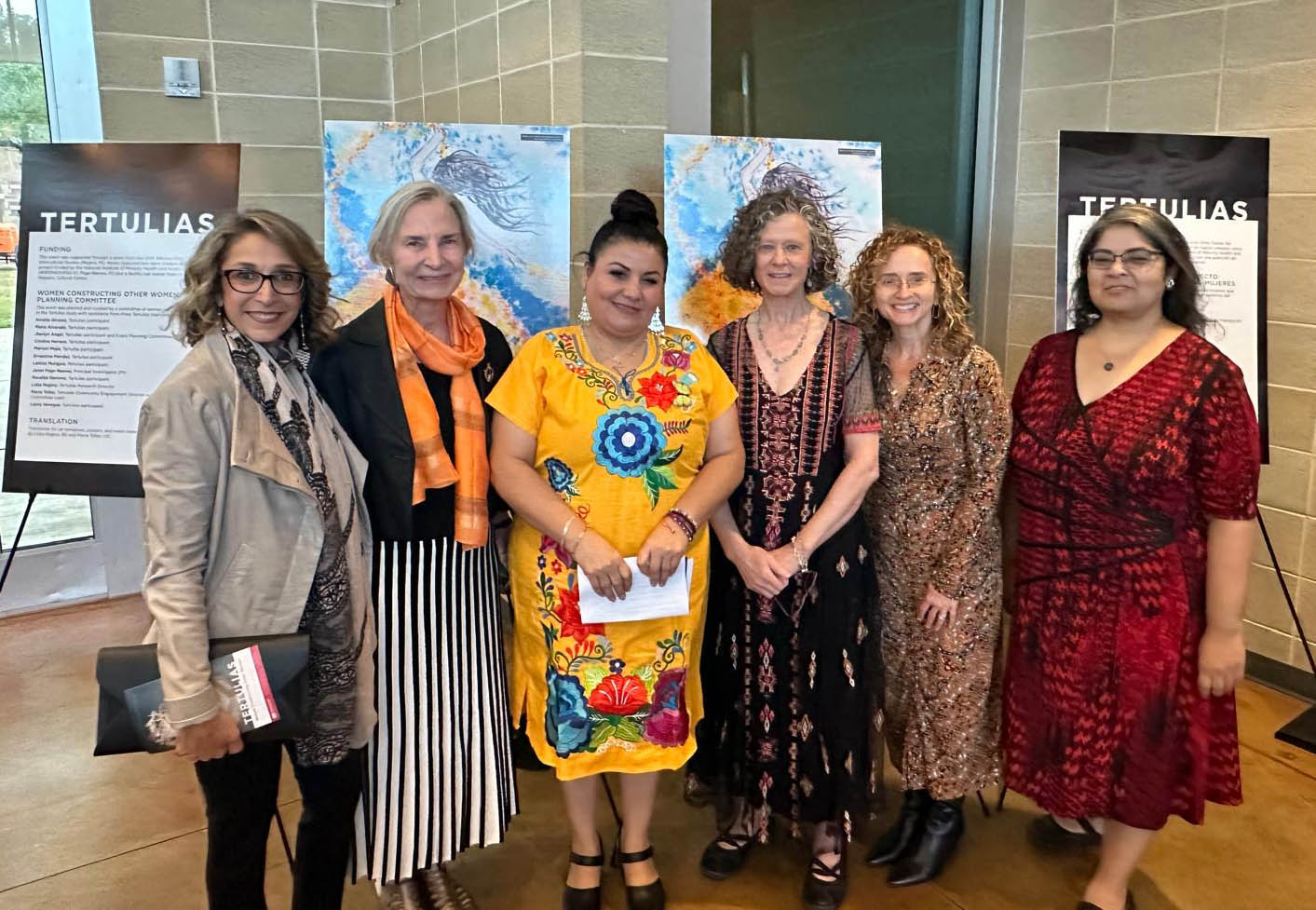
The gala featured artwork created by the women who participated in the project, an R01 randomized controlled study funded by the National Institute on Minority Health and Health Disparities. All of the participants were fluent in Spanish and reported income below 250% of the federal poverty level.
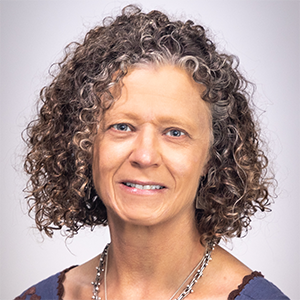
As a result of the intervention their lives have been transformed. They left domestic violence relationships. Many of them have gone on and gotten certified as community health workers.
Tertulias – Spanish for informal social gatherings or chats – afforded the women a safe space in which to share their experiences and build trusted friendships while drawing on their “funds of knowledge,” Page-Reeves said. It’s the idea “that women bring with them wisdom, lived experience – knowledge that isn’t normally considered to be of interest.”
The project also invited women to share their experiences through creative projects that included stories, drawings, paintings, photographs, recipes and poetry. The work was curated by a group of nine Tertulias participants and prominently displayed at the gala.
Lidia Regino, research director for the study, is a Health Extension Regional Officer for the UNM Office for Community Health based in Albuquerque’s International District. She also served as the main facilitator for the weekly conversations. “We didn’t know what we would face,” she said. “Every week was different.”
The facilitated chats were relatively lighthearted, covering topics like food, cultural celebrations and books, but often, the discussions could turn dark.
“Through this venue there were women who, by feeling so connected and so heard, they talked about things that they had never talked about with anyone before,” Regino said. Some even described surviving sexual assault during their journey across the border from Mexico to the U.S.
“We heard a lot of difficult stories,” she said. “You just have to find ways to lead the group in a sense where, ‘Let’s learn about what this means, let’s learn about what this is and then let’s find a healing place.’” In such cases, the researchers would follow up with those who had disclosed traumatic events and offer them more extensive support in the form of therapy, she said.
Domestic violence was a pervasive problem affecting many of the participants, Regino said. The facilitators devised safe words and emergency words for women to use to indicate that their abuser was in the room listening to the conversation – or whether they were actively in danger. “We had four or five situations, where they were like, ‘OK, he got here. If you see him yank the phone away from me, call the police.”
Regino said she was inspired by a one participant – a domestic violence survivor – who now works connecting other women to the resources they need, stressing the need for mutual support..
“She said, ‘Everywhere you go, you have to come back for the rest,’ and so we took that and we said, ‘We have to come back for the rest,’” Regino said. “She's teaching us and we are teaching others, and we are working together to come back for the rest, and that's what all the women are doing.”
Many of the participants have remained connected via WhatsApp even after their facilitated Zoom meetups concluded, she said. “It wasn’t our intention that it was going to grow beyond us,” she said.
“Now, it’s almost like a standalone entity – that’s how the women see it. They say to each other, ‘I’m a Tertulia,’ so it’s very important.”
